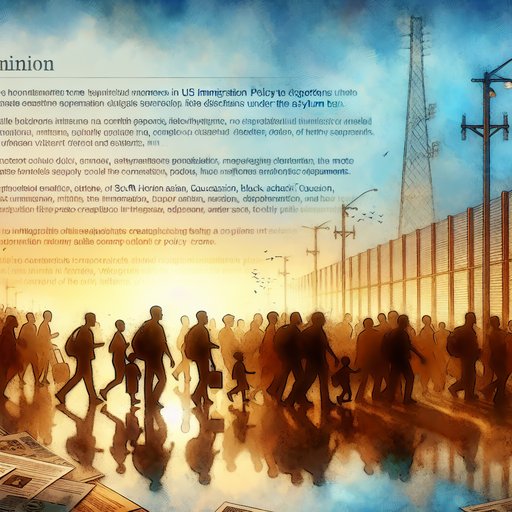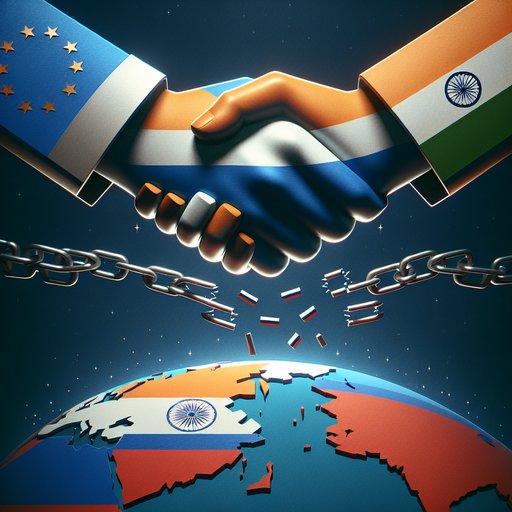
A significant political crisis has emerged in Lebanon as Shiite cabinet members staged a walkout during a crucial government meeting, protesting a United States-backed proposal to disarm militant groups including Hezbollah. The dramatic development marks a critical moment in Lebanon's ongoing struggle to address the influence of armed political factions within its borders [1].

Lithuania has formally requested additional NATO assistance to strengthen its air defense capabilities following a concerning incident where a second drone crossed its border. The Baltic nation's appeal comes as regional tensions escalate due to ongoing Russian military activities near Ukraine, highlighting growing security concerns among NATO's eastern members [1].

A series of recent events has highlighted growing divisions within conservative media circles, while also showcasing the increasingly stark contrast between left and right-wing political discourse in America. Conservative analysts and commentators are openly questioning their own media ecosystem, particularly regarding conspiracy theories and former President Trump's influence on the movement.

A significant majority of German companies are expressing apprehension about the recently negotiated European Union-United States trade deal, highlighting growing tensions between business interests and diplomatic initiatives. According to a recent survey by the German Chambers of Commerce and Industry (DIHK), nearly 60% of German firms anticipate increased burdens from the new trade arrangement [1].

In a significant development for Balkan regional politics, Bosnian Serb leader Milorad Dodik has been officially removed from his position as president of Republika Srpska by Bosnia's top officials [1]. The decision comes following an appeals court verdict that had previously sentenced him to jail, marking a crucial moment in the ongoing tensions between separatist movements and central authorities in Bosnia and Herzegovina.

In a significant development for US immigration policy, border agents have been instructed to cease deportations under a previously enacted asylum ban, marking a substantial change in enforcement practices. The directive comes amid a series of immigration-related developments across the country, including high-profile detention cases and evolving policy implementations [1].

Recent developments in climate policy reveal a complex landscape of progress and resistance. While local climate initiatives are showing promising results in emissions reduction, broader political tensions continue to challenge coordinated global action. A new report highlights the effectiveness of grassroots environmental efforts, even as some governmental bodies actively oppose climate initiatives.

In a significant diplomatic confrontation, India has strongly pushed back against Western pressure over its Russian oil purchases, highlighting what it calls hypocritical trade policies by the US and European Union. The dispute has exposed growing tensions between Western sanctions regimes and the economic interests of emerging powers, as India points to continued European energy dealings with Moscow [1].
UPDATE: After the meeting between US envoy Steve Witkoff and Russian president Vladimir Putin, the USA has decided to raise the import tariffs for India to a staggering 50%.

Major budget cuts proposed by the Trump administration are sparking controversy as they target both domestic public broadcasting and international aid programs. The sweeping proposals have drawn criticism from Democratic lawmakers and public health experts who warn about potentially devastating impacts on both American public media and global health initiatives.

In a significant shift in U.S. climate policy, the Environmental Protection Agency has initiated steps to revoke the "Endangerment Finding," a cornerstone regulation that has enabled the agency to control greenhouse gas emissions for over a decade. This move represents one of the most substantial attempts to reshape American climate policy [1].
























